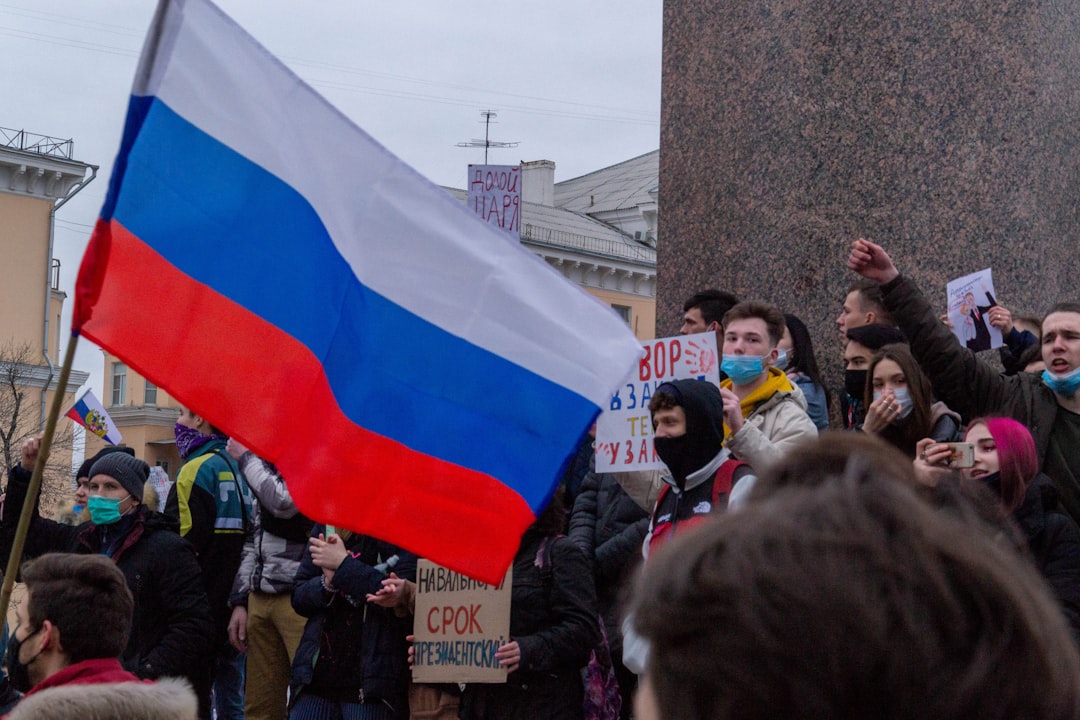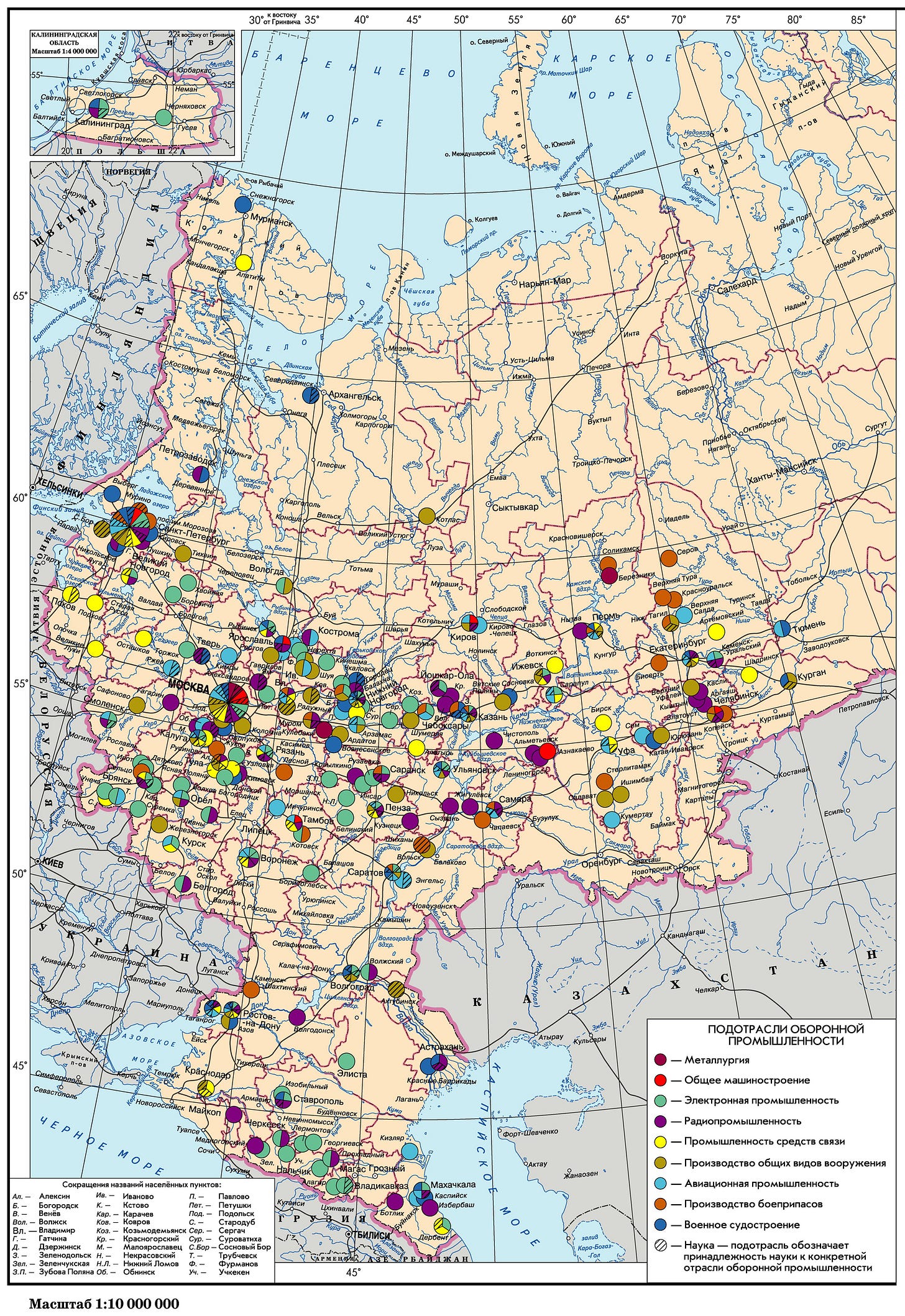Choosing between TV and Refrigerator, so far some Russians still enjoy both.
On of the West’s main strategies against Russia’s war on Ukraine have been sanctions. But while sanctions are hurting in the long run, so far Putin’s electorate has been benefiting from the conflict.

One of the West’s main strategies against Russia’s war on Ukraine have been sanctions. The reasoning is that sanctions would hurt the Russian economy which in turn would lead to a decrease of civilian support for the leadership, forcing Putin to stop the war. But while sanctions are indeed hurting the economy in the long run, so far Putin’s electorate has been benefiting from the conflict.
Educated Russians, especially those from the major cities, are moving abroad in search of political freedom and employment in the global market, but as far as the government is concerned, this is not a problem. That population is potentially trouble anyway, a fifth column, to the current regime. Russia’s main electorate is still home and as loyal to Putin as ever.
Putin’s main supporters are those who are less-educated and who live in small towns and remote rural areas. This group has not even felt Western sanctions yet because they neither travel abroad nor use international credit cards. And because their only source of news is mainstream television, they are Russia’s biggest consumers of propaganda.
Since last February, not only are they being told Russia is becoming the main world power, they also feel the power in the wallets. During this time of war, their wellbeing is actually improving thanks to a significant increase in government spending for social programs.
At the end of 2022, Russia published its 2023-2025 budget in which enormous amount of money (a third of the government budget) was rerouted toward social programs that benefit Putin’s main supporters—those on government welfare.
These supporters who benefit fall into four main categories. First, retirees. The new budget gave the more than 30 million people in Russia getting government pensions a 4.8% increase in pay. Second are the disabled and veterans. Starting in February 2023, monthly disability and veteran payments increased by 11.8%. The maximum one-time payment for a work-related injury has increased to $1,640 and monthly payments are $1,266.
A third constituent is families with children. No matter what a family’s income, it will receive $7,400 at the first child’s birth and $9,750 for the second born. And in 2023 alone, the government plans to provide an unprecedented $44 million in direct monthly cash payments to poor families with children under 18 years old. It is expected that an extra 10 million children will benefit from this program.
A fourth benefiting group is small family businesses, which includes home farms. Russia plans to provide $60 thousand in small businesses grants (up to $4,300 per) and $40 thousand for home farms (up to $2,500 per) In 2023. This program existed before 2022, but now payments are almost doubled.
To keep this population employed, not only was public sector employment frozen, but the government has subsidized private businesses so that they will not lay off workers. And in addition to direct business investments, the government has allowed a year-long extension on making payments for bills like insurance payments. Minimum wage was also increased by 6.3% in 2023.
As expected, the family income of those whose employment is directly related to the war is also increasing. In small towns and rural areas, there was previously little work for the head of households outside of the family farm and occasional seasonal work in northern region of the country. Now there is work in military factories. These factories, which are usually located in the remote towns of economically depressed regions now offer two to three daily shifts at a salary two times what it was.
Those mobilized into the armed forces are now sending $2,500 a month home, a sum that makes it possible for many families that could only afford to rent to finally become homeowners. According to Natalya Zubarevich, a professor at Moscow State University, the majority of mortgage down payments in 2022 were subsidized by government social programs. And while head of the household is deployed, his family pays no monthly mortgage or credit payments.
Even more lucrative is being wounded in battle which pays $37,500 for the incident to military personnel. In case of death, a military family is awarded $62,000 and all debt is forgiven. As a result, one BBC study showed that males from economically poor regions are more likely to join Russian military and as a result were overrepresented among those killed in Ukraine.
In addition to direct cash benefits, other social programs also benefit Russians in those same poor regions. For example, in January 2022, the federal government gave $4.5 million to more than 65 private medical centers in 15 Russian regions for subsidizing general-public medical treatments. In May of the same year, the government also allocated $15 million to several Russian regions to house the disabled and retired. Also the amount of money allocated to build new military family housing increased twice, once in 2023 to $1 million and then in 2024 to $1.4 million.
As a result of those and other government initiatives, official Russia’s unemployment level reached historic lows in 2022 and the poverty level decreased by 0.5%. Putin supporters view such economic developments as positive signs of Russia’s power. This is also one of the reasons that pushes poor people in the Russian-occupied territories of Ukraine to take Russian passports and support integration of their region into Russia.
So far Putin is successfully buying the loyalty of his supporters, but how long can it last? Since the majority of that money are direct transfers from the federal government, here it all depends on cat and mouse game of sanctions. The West is trying to apply sanctions, yet Russia is doing everything to mitigate their negative consequences.
According to its official budget, Russia does not plan to decrease spending on military and law enforcement for the next two to three years. It also assumes that the current sanctions will be in place until at least 2025. In other words, Russia has no intention of do anything to get those sanctions lifted. At the same time, Russia realizes it will take time to restructure its economy to be East (as opposed to West) oriented. So how do they plan to finance their budget deficit? To use money from the national wealth fund, at least for 2023.
Main question so far is the price of oil and gas, Russia’s main export. But even in its worst-case scenario, Putin’s regime will be able sustain militarization of its economy while continuing to buy the loyalty of its supporters for at least this year.


